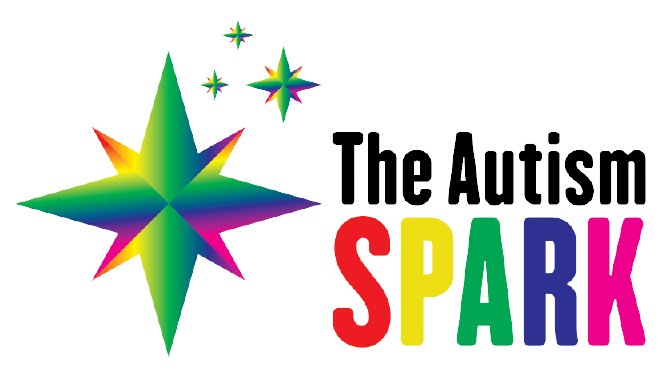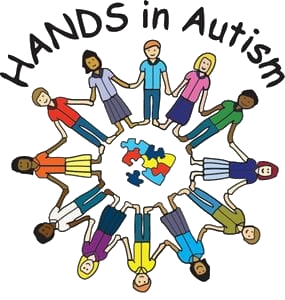Is Autism Caused by Vaccines?

The debate surrounding the link between vaccines and autism has been a contentious topic for many years. However, it is essential to rely on scientific evidence and rigorous research to understand the relationship between vaccines and autism spectrum disorder (ASD).
Numerous studies have been conducted to investigate any potential association between vaccines and autism, and the overwhelming consensus among the scientific community is that there is no causal relationship between the two. The most comprehensive study to date, conducted by the Institute of Medicine (IOM) in 2004, concluded that there is no evidence to support a link between vaccines and autism.
Furthermore, numerous large-scale epidemiological studies have consistently found no association between vaccines, including the measles-mumps-rubella (MMR) vaccine, and the development of autism. The MMR vaccine, in particular, has been extensively studied and found to be safe and effective in preventing serious diseases without causing autism.
The origins of the vaccine-autism controversy can be traced back to a now-discredited study published in 1998, which suggested a link between the MMR vaccine and autism. However, subsequent investigations revealed serious flaws in the study’s methodology and ethical conduct, leading to its retraction and the discrediting of its findings.
It is crucial to emphasize the importance of vaccines in preventing life-threatening diseases and protecting public health. Vaccines have been one of the most significant public health achievements in human history, saving countless lives and preventing the spread of infectious diseases.
In conclusion, the overwhelming scientific evidence strongly refutes any link between vaccines and autism. Vaccines are safe, effective, and essential for protecting individuals and communities from preventable diseases. It is crucial to rely on evidence-based information and trust in the recommendations of public health authorities when it comes to vaccination.


